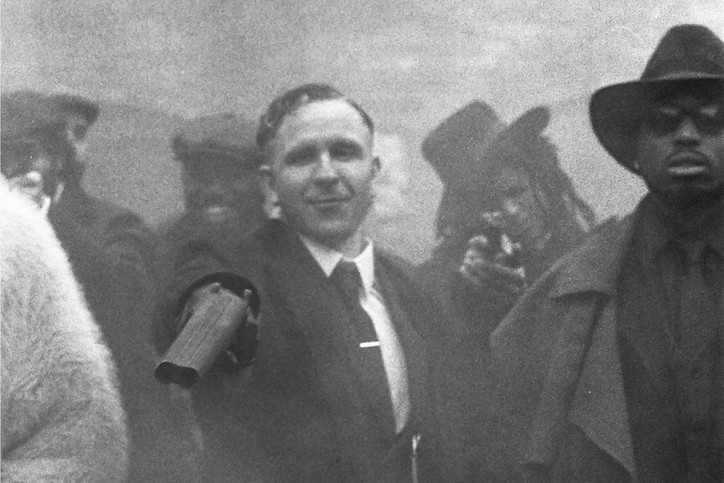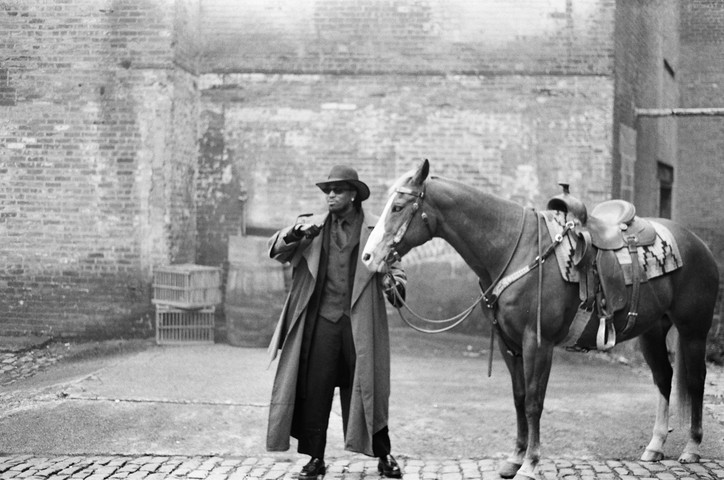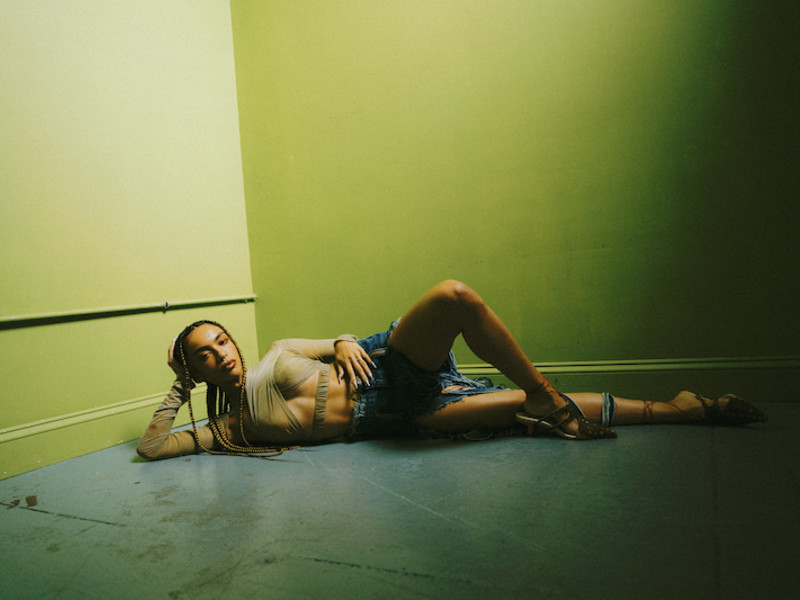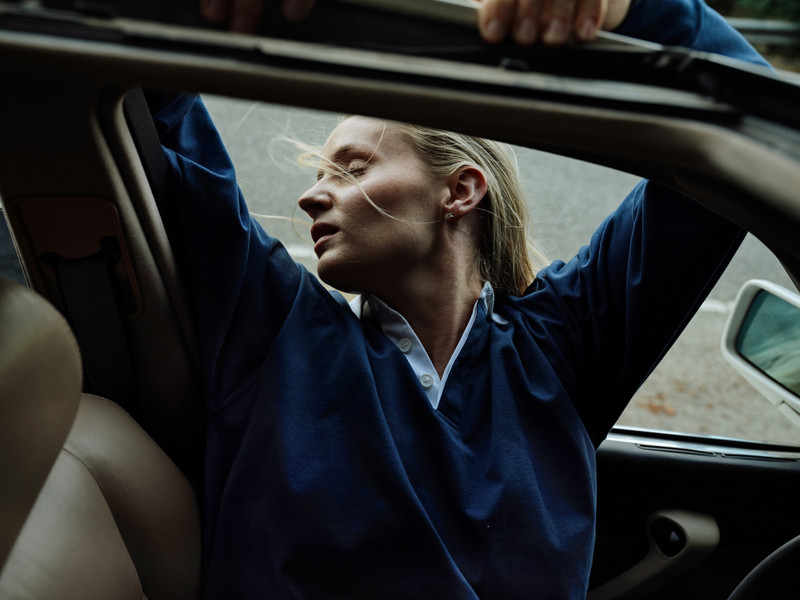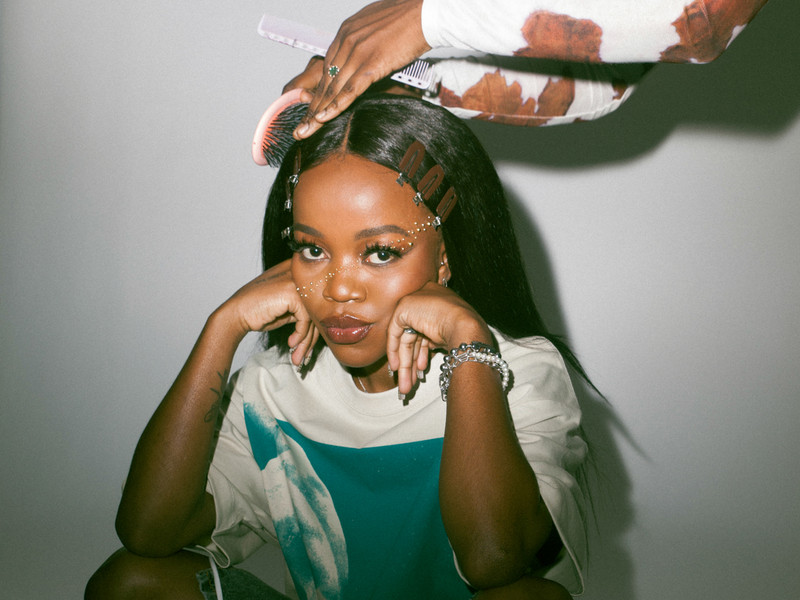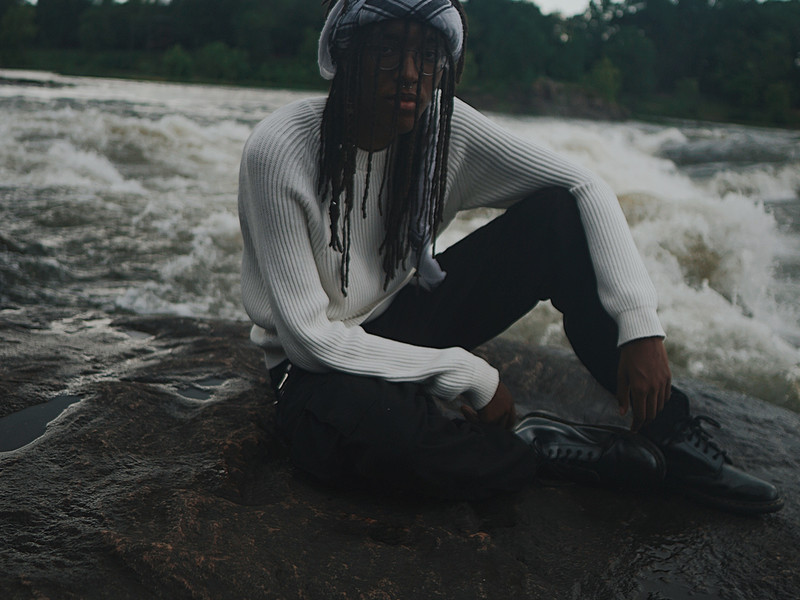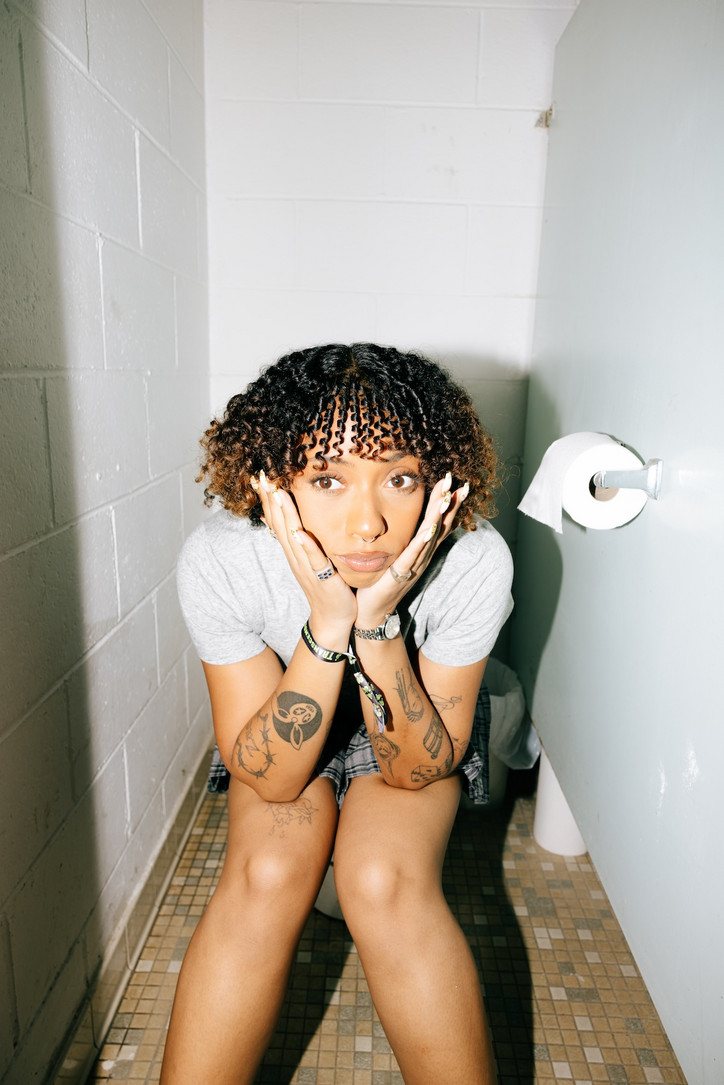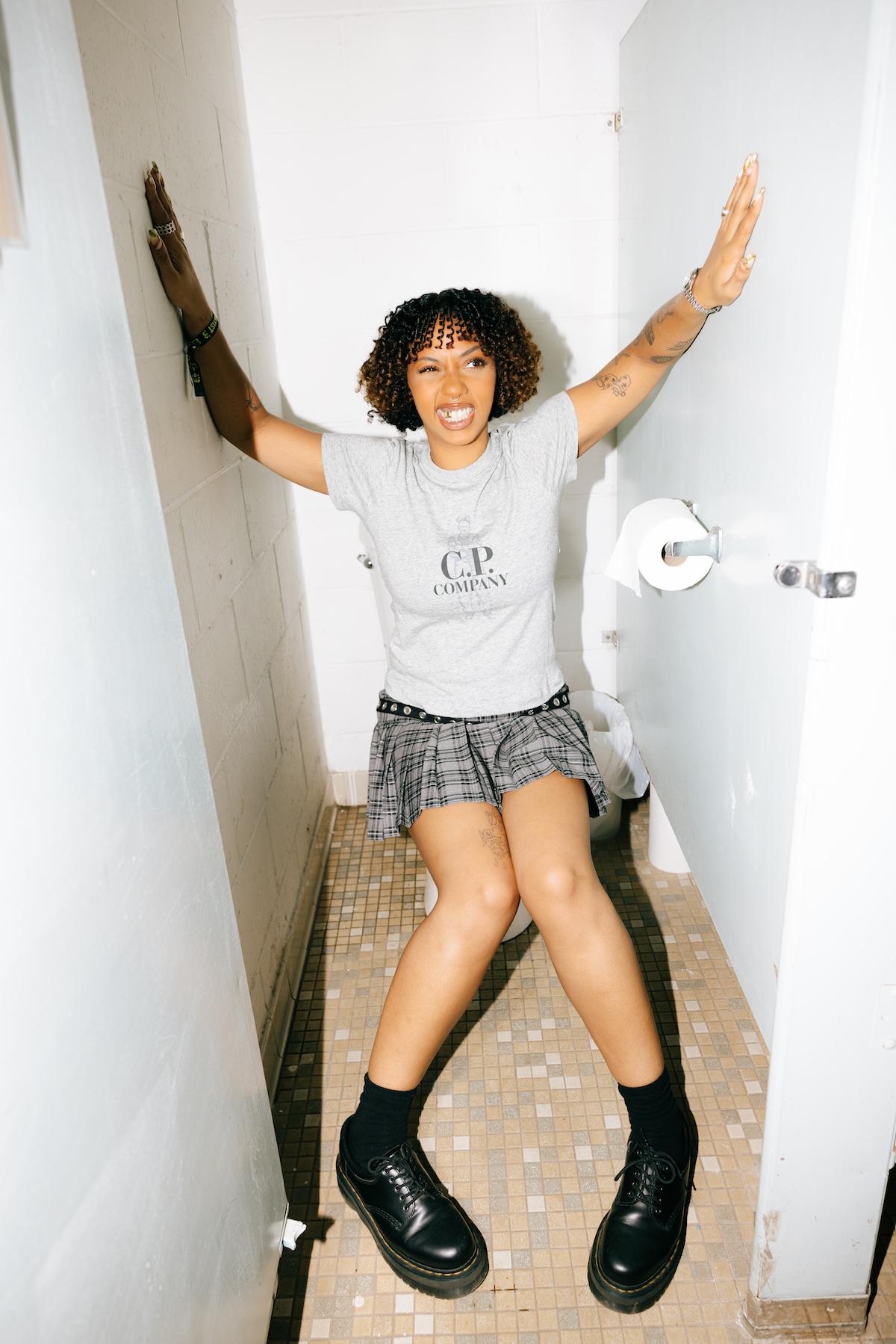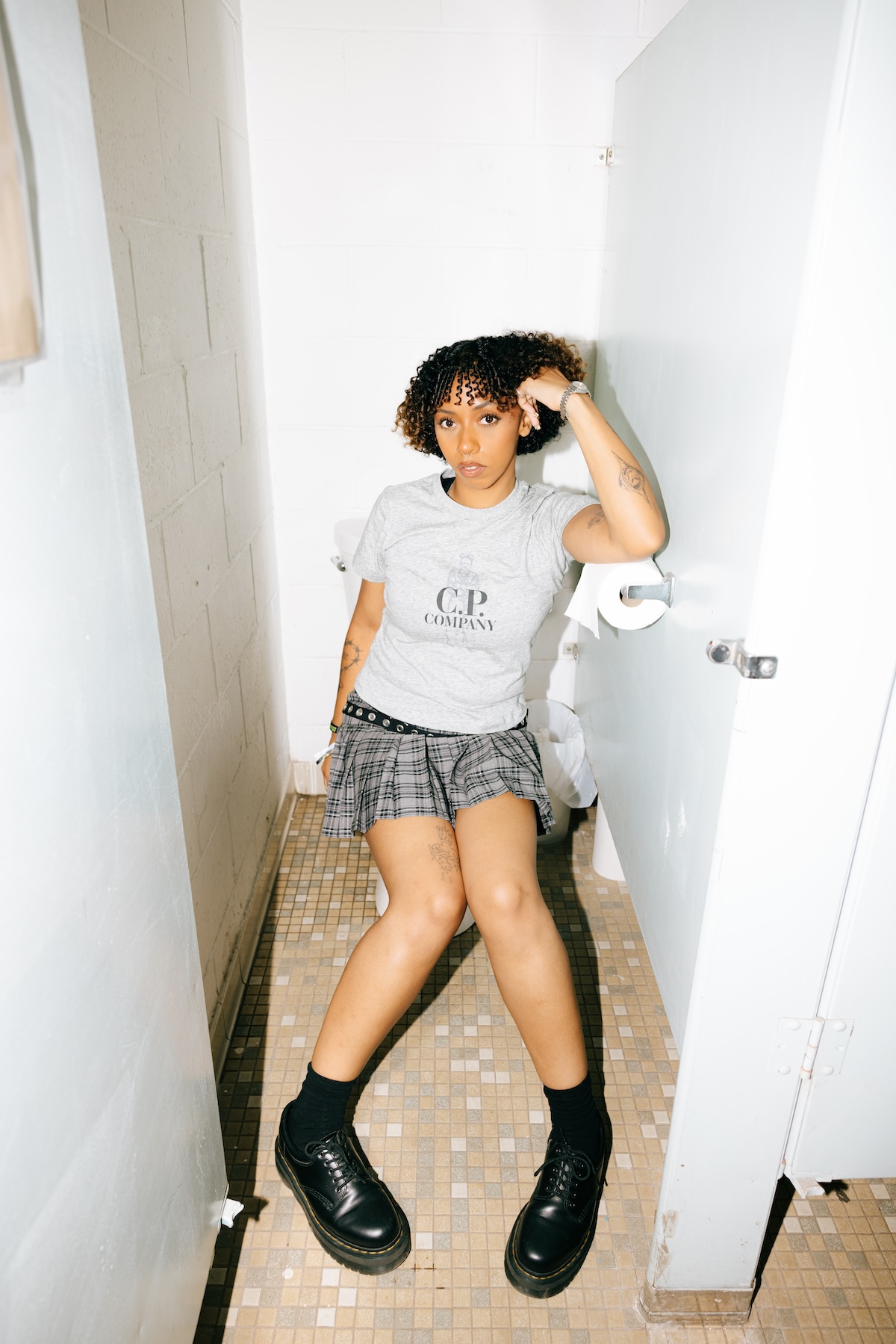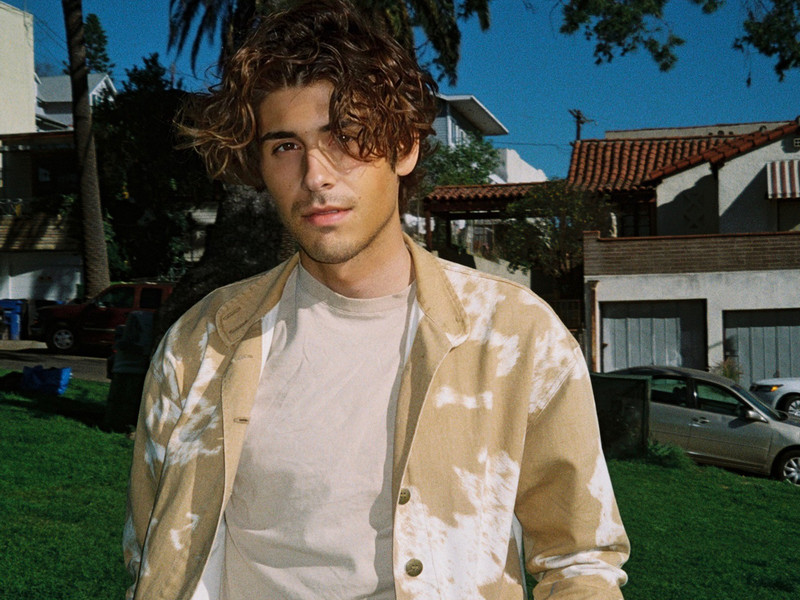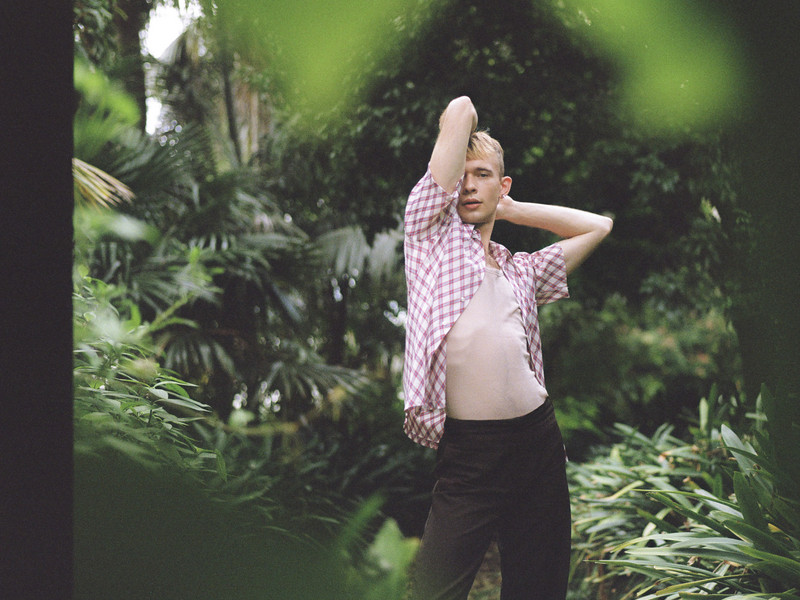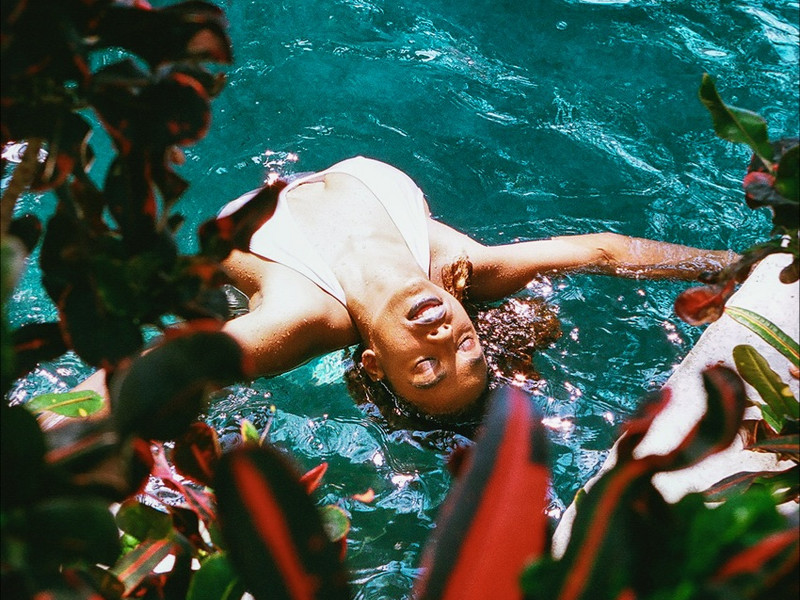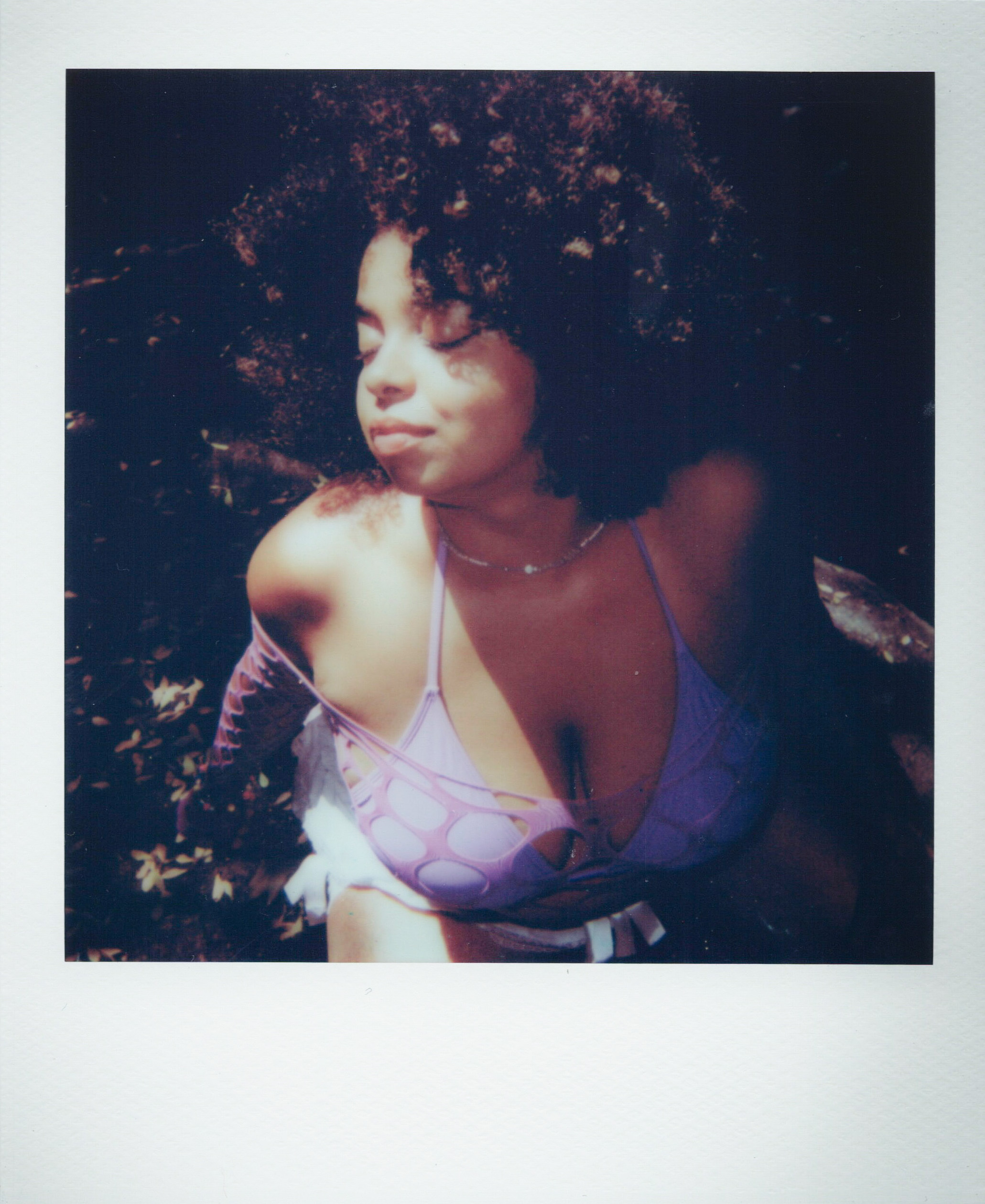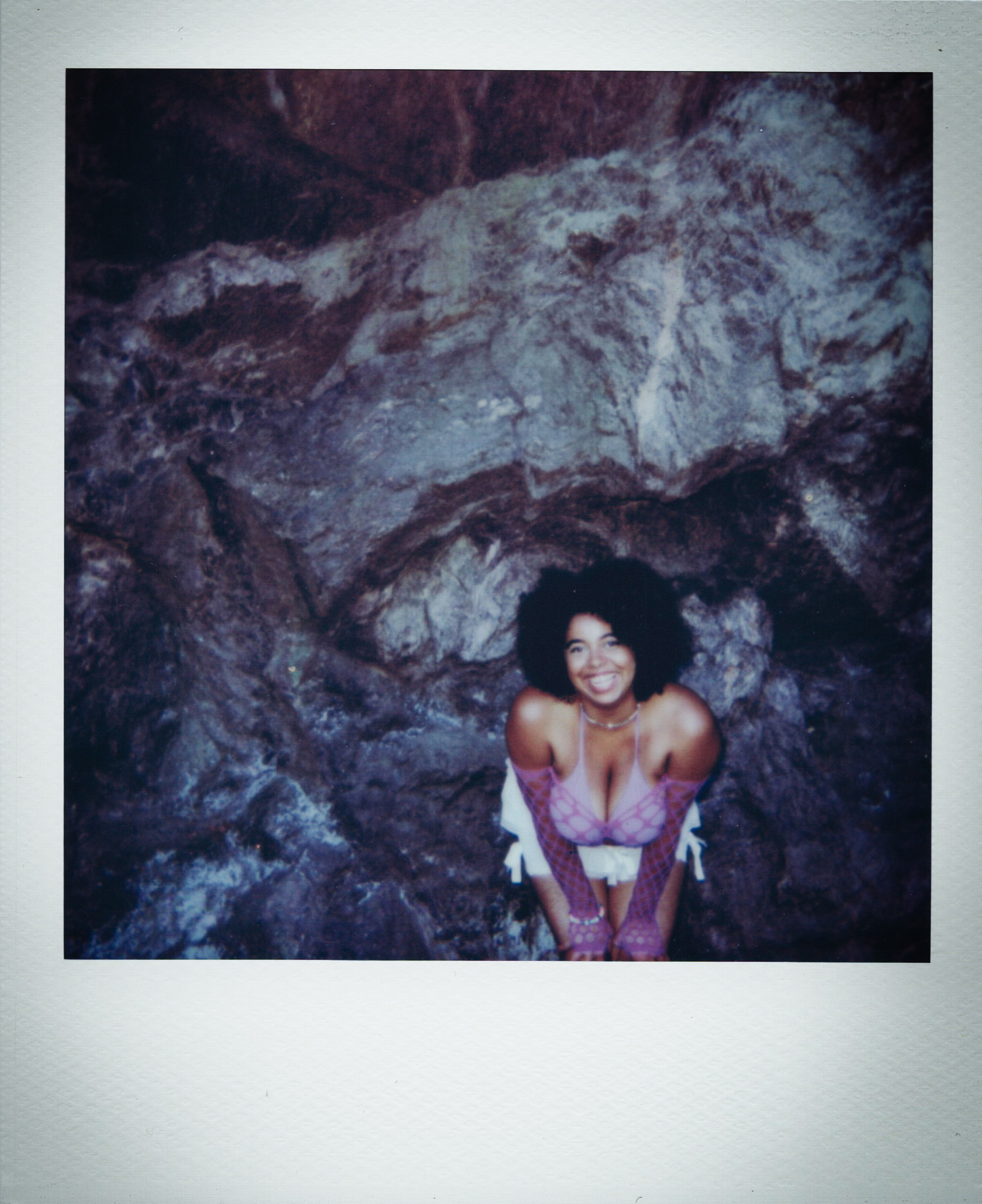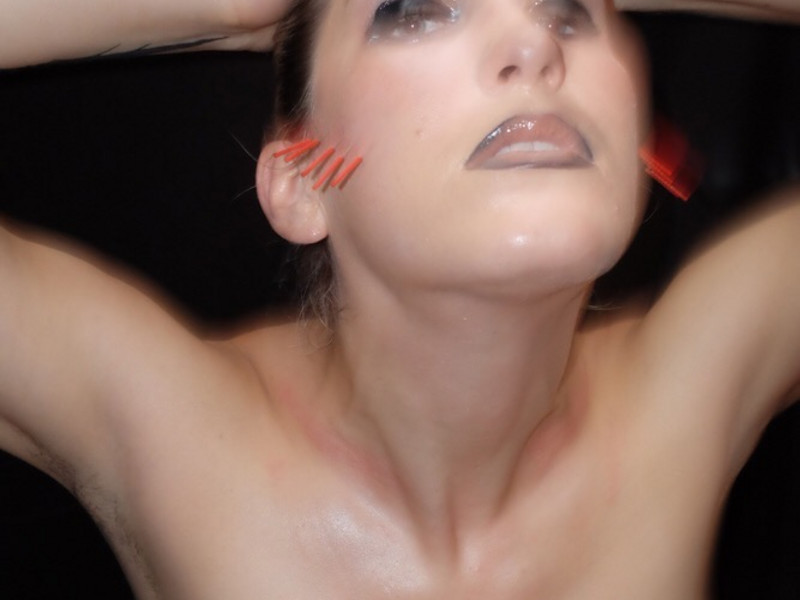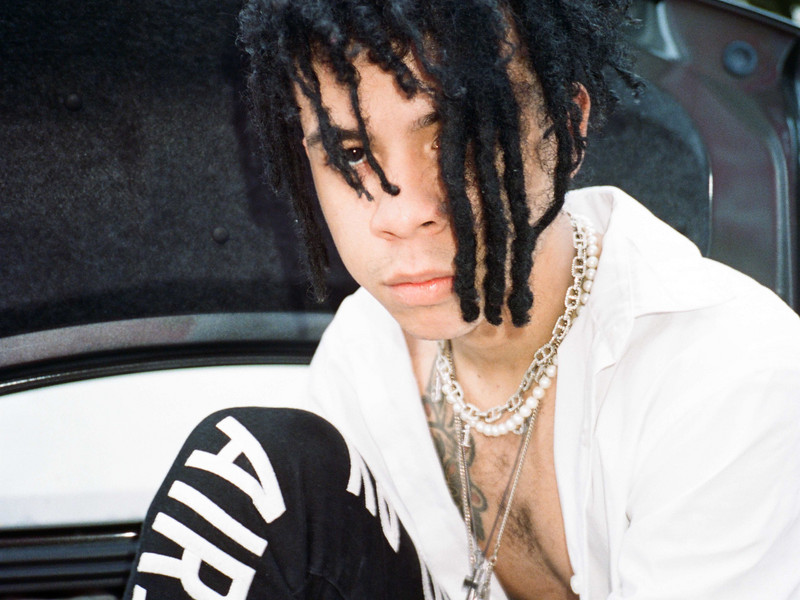Speaking of the next generation of Jungle music, how did you meet Dazegxd?
I met him at The Lot Radio show in 2020, maybe two years ago, I think now, or maybe a year and a half ago. And he came and he was stood outside with loads of his friends. I was like, ‘Oh, this is quite cool. I wasn't expecting anyone to be here.’ And then he gave me a USB and he said he really loved my tunes. I was like, okay, I'll listen to this USB. And then I heard that he was doing jungle bits and stuff. I was like, ‘Oh, that's really cool.’ He was like, 20 at the time, and I asked him, ‘So do you want to come to the club?’ And he was like, ‘I can't’ because obviously [the legal drinking age] in America is 21. I was like, ‘Oh fuck I forgot about that!’ But I connected with him. I thought he was really cool. He also looks exactly like my little brother, so I've had a little bit of an attachment to him since the first time I met him, which is weird. [Laughs] But he's accepted it, so it's all good.
I just had a bit of a soft spot for him, and then we just kept staying in contact over the last couple of years. And then at the end of last year I was playing at the Knockdown Center. I got him on The Lot Radio at my Up Your Archives show. And then I got him to play at the show as well. And he just came to London recently and he literally was hanging out with all my friends and he's just basically my New York jungle cousin. So it's called just to support the young people in New York and support the American new-gen jungle scene as well. So yeah, I've got a soft spot for Daze for sure.
British culture is so immediately apparent across your art’s expression spanning from medium to medium. To what degree does being from England play into who you see in the mirror? And as a result, how does that affect your approach to production, songwriting, making visuals, et cetera?
I think it's definitely a huge part of my identity. I'm dual heritage, so growing up in England, half my family's English, half my family's Jamaican, so I kind of had those both cultures growing up. And I'm very proud of my heritage, to be honest with you. I'm really proud of where I'm from, growing up in the north of England as well. There's a lot of subcultures going on, you know what I mean?
So I'm really proud of being from Bradford and Leeds. I lived in Manchester and I think the UK's got so much rich culture, especially in terms of music. And I've definitely just been a bit of a sponge and just soaked it all up from Radiohead to Burial. And obviously people like Goldie, Lemon D, all the jungle artists I love, and the art as well. So much amazing art that's come out from the UK, just like I love all of it. So I'm just super inspired by it.
I know that you wrapped up your New York to LA tour playing the Lightning In A Bottle festival [in May]. How was your experience there and how are you planning on carrying out your Great Junglist Summer beyond that?
Yeah, it was super fun, actually. I felt like Lightning In A Bottle was actually a really cool festival. I thought it was really good vibes. Actually one of my favorite days, I think for a while, because I got to meet M.I.A. after her set. I watched her set from the crowd, which was so cool, because I like watching things from the crowd sometimes because you get to see the full production. It was one of the best sets I've ever seen in my life. I'd never seen a set of hers before. I was like, this is amazing. And then I got to meet her and obviously, she's such an inspiration to me. So that really topped off the festival experience and the show went really well, and it was really cool. I really enjoyed it. And we did a little party in downtown LA, which was super fun to cause a bit of chaos in LA as well. So that was really fun. But yeah, super excited for the summer, the Great Junglist Summer, starting this weekend, actually going to Ireland tomorrow morning. We're just going right back into it, but it should be fun.
That's awesome. Do you have a favorite city to play?
That’s a good question! I love New York. I want to live in New York like it’s definitely my favorite city in the world. I love Manchester. And I also love Tokyo in Japan. I really enjoy playing in Japan.
